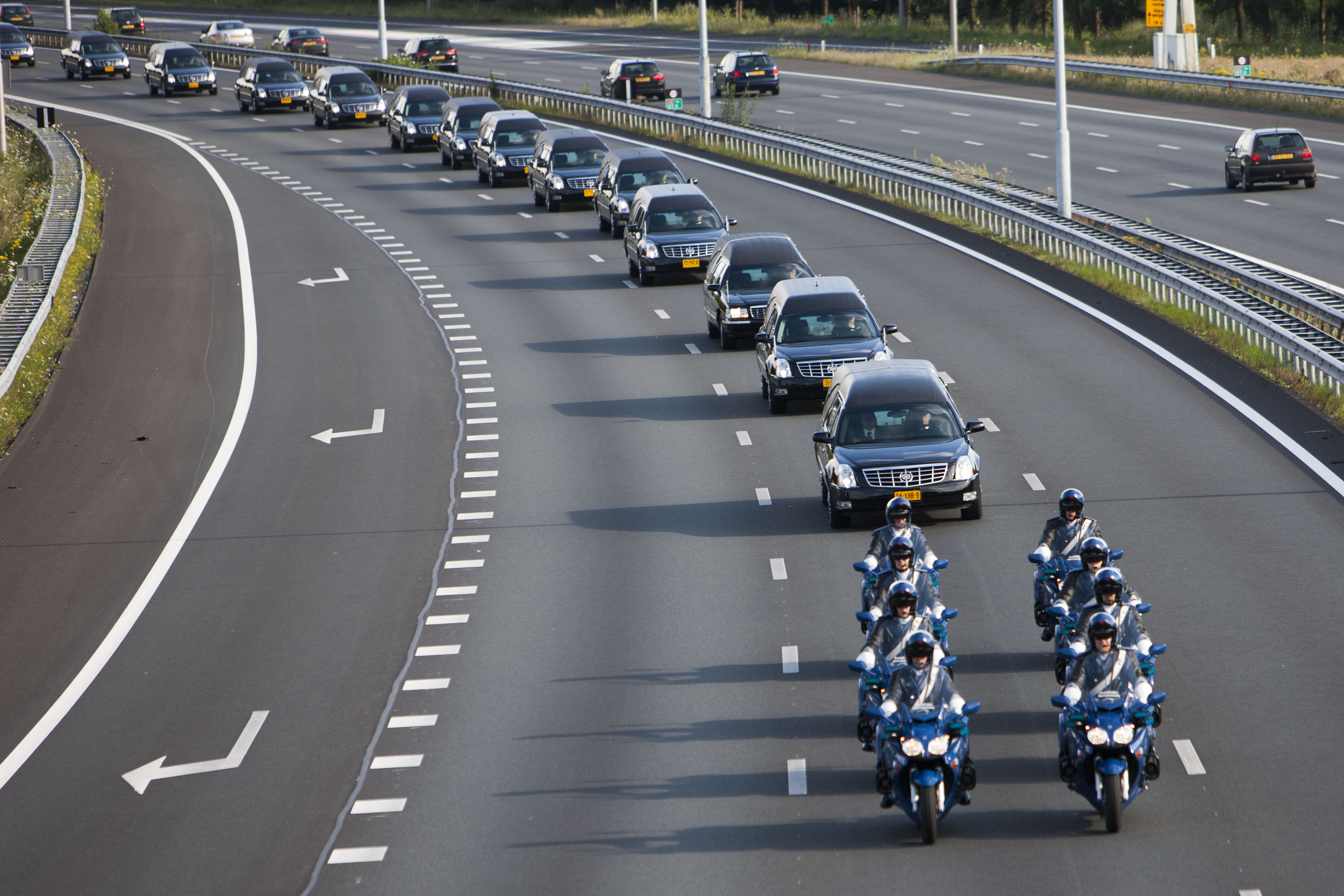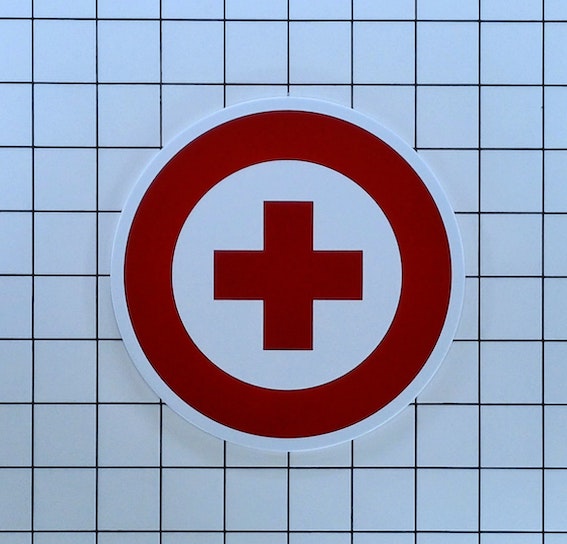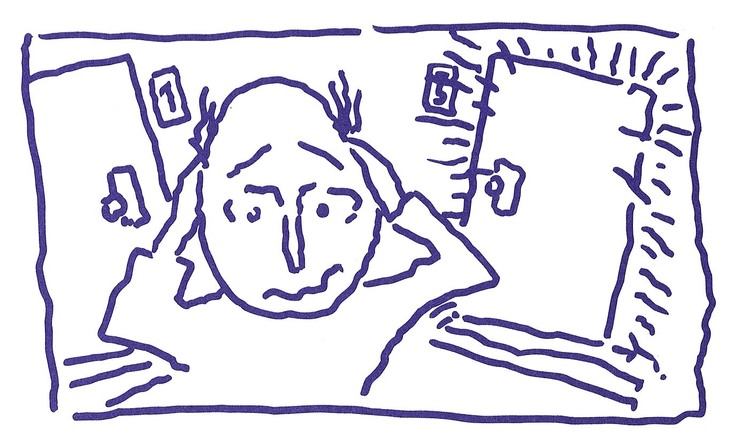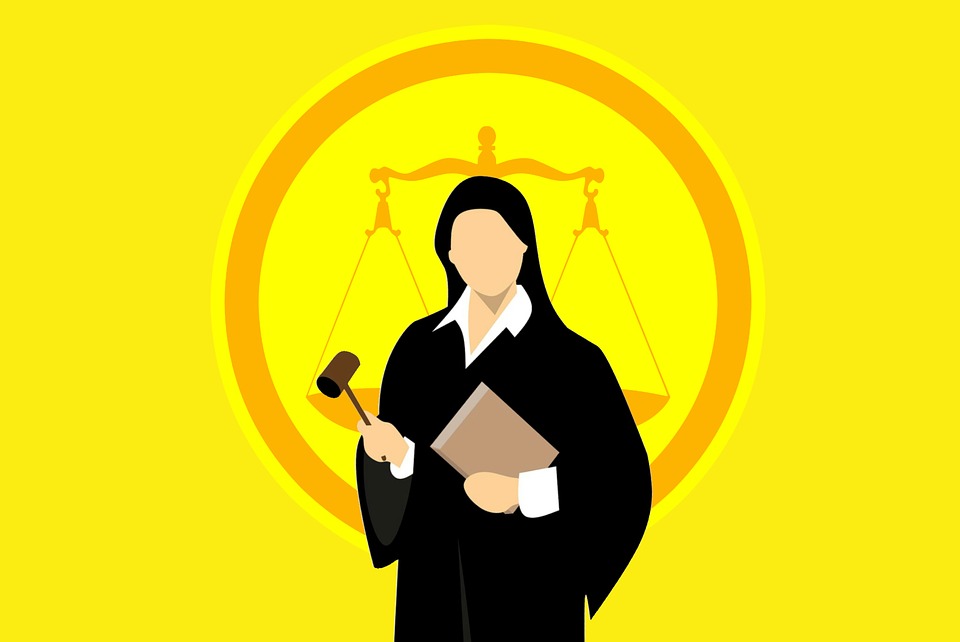Martin Slaats
The crash of aircraft MH17 is one of those moments of which you remember where you were and what you were doing. The news spread and almost every Dutch citizen knew someone, either directly or indirectly, who was in that aircraft. After all the disputes about access to the crash site and after the bodies are identified, one question will remain: who is responsible? The follow-up question than has to be: does it matter?
In this article I will discuss the legal responsibility of the Russian Federation and Ukraine for the crash of MH17. Two separate modes of liability can be distinguished when it concerns such an event: individual responsibility and State responsibility. This article will mainly cover the State responsibility for the crash, because it would be more likely that a legal case concerning this crash will be based on the doctrine of State responsibility. Before I will go in depth into the case of MH17, I will first elaborate on the concept of State responsibility and its current status in international law. I will then use that notion in order to assess whether State responsibility for Ukraine or Russia should or could be invoked in order to win an important case for the surviving relatives and the international community in general. I will conclude with my assessment on the importance of such a case. Would it matter to start one or not and does it matter who is responsible?
State responsibility
The concept of State responsibility has been a topic of attention within the international legal order as early as 1949.[i] The International Law Commission was asked to draft a compelling set of rules on the responsibility of States for internationally wrongful acts.[ii] The concept of State responsibility was seen as necessary in order to pressure States to behave in a proper way. When it is possible for States to address negligence of States with regards to their international obligations that would affect the behaviour of States. It would last until 2001! before this set of rules was drafted and adopted by the ILC and the General Assembly of the United Nations.[iii] The current status of the Draft Articles is that they are considered a part of customary international law, which makes it a norm that is applicable in the international legal order.[iv] It can therefore be invoked by States against other States when a dispute arises and it can be used in front of the International Court of Justice (hereafter: ICJ).
In order to be held responsible as a State for specific conduct, article 2 of the Draft Articles sets out two elements that have to be met:
- The conduct has to be attributable to the State under international law; and
- The conduct constitutes a breach of an international obligation of the State.[v]
In Chapters II and III of the Draft Articles both elements are further defined and I will start with the explanation of the second, the breach of an international obligation. It is fairly easy to establish that some norm of international law has been breached. There are many international obligations, deriving from all sorts of treaties and other instruments, and therefore many can be broken. The most important aspect to take away from this element is to what extent the international norm is breached. Is this breach severe or can it be considered as minor? Mostly only the larger breaches are being invoked before the ICJ.[vi]
Although the second element can be fulfilled quite easily, the first element constitutes a bigger problem. When is it possible to attribute conduct towards a State? Articles 4 to 11 of the Draft Articles regulate this issue and list various forms of attribution. When, for example, an organ of the State is responsible for the misconduct, that behaviour can be attributed towards that State via art. 4. It is also possible that a State directs or controls the behaviour of groups which are not an organ of that State. This conduct can be attributed to a State via art. 8. This was the topic of discussion in the famous Nicaragua-case in which the ICJ ruled that there has to be ‘effective control’ over these groups of persons, meaning that there have to be precise and specific instructions concerning the conduct from the State.[vii] The latter example shows that it can be very difficult to prove that a State can be held accountable for the actions of a group linked to them. It can however be the case that the group was sponsored by that same State and that the State influenced in a certain way the outcome of a conflict.
The responsibility for the crash of MH17
Now that the basics on State responsibility are clear it can be assessed whether one or more States could be liable for the crash of MH17. Directly after the crash the naming and shaming between key players on the international level begun, but it is better to assess whether those allegations have any legal ground to stand on.[viii] For the purpose of this article I will look only briefly look at the different theories and will conclude on my own behalf who is responsible. This conclusion will be drawn on what is in my opinion the most likely.
Is Ukraine responsible?
The most logical State that could be responsible is Ukraine. The plane was shot in the airspace of Ukraine. It is an international obligation to protect the airspace of your own State and especially when it concerns commercial airplanes.[ix] Is Ukraine however the one that is primarily responsible for the crash? Most investigations and theories instigate that they are not. An in my opinion very compelling investigation has been performed by British blog-website ‘Bellingcat’. With the use of social media they reconstructed the transportation of the Buk that was used to shoot down MH17.[x] The footage in the story suggests that it was not the army of Ukraine, but the Russian-supported rebels or maybe even the Russian army that shot down the aircraft. There are however also investigations / allegations that suggest that Ukrainian jets shot down the aircraft.[xi] This research might look compelling, but if you compare the different theories on the internet, the latter theory does not seem the most convincing. Having said this, Ukraine can be cleared as ‘not guilty’.
Are the Russian Federation or the rebels responsible?
It is of high importance for the application of the doctrine of State responsibility to exactly pinpoint the correct perpetrator. This can be derived from what I argued above. There is a distinction between attribution on the grounds of art. 4 and on the grounds of art. 8 Draft Articles. When the conclusion of any investigation would be that the Russian army is responsible, it becomes ‘easier’ to attribute that behaviour towards the Russian Federation on the grounds of the Draft Articles. If the armed groups are the main perpetrator, it gets a lot harder to prove that the Russian Federation is responsible. Before we dive into that question it is useful to establish at first who shot down the aircraft.
As already said there are two possibilities. Either the Russian army or the rebels downed the aircraft. Not much is and was known about the actual belligerents in the area during that period of time, but the Blog ‘Bellingcat’ has reconstructed quite thoroughly the whereabouts of the Buk that was used to shoot down MH17. This theory can further be proved by the article that the interpreter wrote.[xii] Of course these are all just theories. For the sake of this article I will assume that it was one of these parties which brought down MH17, because it is the most likely and because it is interesting to see the consequences of this theory.
Attributing responsibility and the consequences
If it was the Russian army that downed the aircraft, attributing responsibility for that breach of an international obligation could be fairly easy. Art. 4 Draft Articles prescribes that any conduct of a State organ can be brought back to that State. So if it were Russian soldiers who shot down the aircraft, Russia is definitely responsible, because an army of a State can be considered as an organ of the State. If it were the rebels, very specific instructions from the Russians should have been given in order to attribute the conduct to the Russian Federation. The Russians who delivered the Buk should have instructed the rebels to shoot down the aircraft, which is hardly likely. The conclusion therefore is that if the rebels have shot down the aircraft, the Russian Federation probably is not liable for that. This would constitute a legal problem, because the Draft Articles only apply to States. The rebels are not a part of any State and their conduct cannot be linked to any State, so would justice be served in this case?
Having considered what the options are one last comment has to be made in relation to an eventual case before the ICJ. If Russia would be brought before the Court, other legal problems could occur in order to condemn the country for the shooting of MH17. The Russian Federation has not accepted the jurisdiction with a declaration and as such can reject jurisdiction on a case or an eventual decision from the Court.[xiii]
Conclusion
It is important for the surviving relatives that justice will be served concerning the shooting of MH17. A case at the ICJ could lead to a condemnation of Russia as primary responsible and this could lead to the awarding of damages to the surviving relatives. Money, however, does not bring back the people from the plane and Russia would not be punished that severe when they ´only have to pay´ some money. The real pain for Russia would be that the Court would prove that Russia is involved in the war in Ukraine and that would be very damaging for Russia and especially for Putin. That would be the real value of a case, although this would lead to nothing for the surviving relatives. The case of MH17 shows that international law does not always take the grieving of relatives into account. It is a real possibility that no trial will be held at all regarding the shooting of MH17 and that can be considered as a second smack in the face of the surviving relatives. The only option left would be the International Criminal Court and it is highly unlikely that any case would be started there in light of the current approach of the Court and the parties to the Rome Statute. That would neither be satisfying for the surviving relatives and could lead to more injustice in the end.
[i] Report to the General Assembly, 1949 Yearbook of the International Law Commission, p. 280-281.
[ii] The International Law Commission has been established by the General Assembly of the United Nations in order to ‘promote the progressive development of international law and its codification.’ A/RES/174(II).
[iii] Draft Articles on the Responsibility of States for Internationally Wrongful Acts, Report of the ILC on the Work of its Fifty-third Session, UN GAOR, 56th Sess, Supp No 10, p 43, UN Doc A/56/10 (2001).
[iv] International customary law is one of the two main sources of international law, as embodied in art. 38 Statute of the International Court of Justice.
[v] Article 2 Draft Articles.
[vi] The most logical court before which the Draft Articles can be invoked is the ICJ.
[vii] Military and Paramilitary Activities in and against Nicaragua (Nicaragua v. United States of America), Jurisdiction and Admissibility, 1984 ICJ REP. 392 June 27, 1986.
[viii] Hilary Clinton blamed president Putin for the crash: http://www.dailymail.co.uk/news/article-2706772/Hillary-Clinton-says-Russias-President-Putin-bears-responsibility-Malaysia-plane-crash-tragedy.html; Russian authorities blamed Ukraine: http://www.voanews.com/content/russian-official-ukraine-responsible-for-malaysia-airlines-crash/2444683.html; Al Jazeera made up its own mind: http://www.aljazeera.com/indepth/opinion/2014/07/who-responsible-mh17-tragedy-201471910219862765.html.
[ix] Convention on International Civil Aviation (Chicago Convention), signed at Chicago on 7 December 1944. (ICAO Doc 7300/9, Ninth Edition 2006).
[x] https://www.bellingcat.com/news/uk-and-europe/2014/09/08/images-show-the-buk-that-downed-flight-mh17-inside-russia-controlled-by-russian-troops/. Last visited on 27-10-2014.
[xi] http://www.globalresearch.ca/evidence-is-now-conclusive-two-ukrainian-government-fighter-jets-shot-down-malaysian-airlines-mh17-it-was-not-a-buk-surface-to-air-missile/5394814. Last visited on 25-10-2014.
[xii] http://www.interpretermag.com/evidence-review-who-shot-down-mh17/. Last visited on 29-10-2014.
[xiii] Russia did not file a declaration recognising the jurisdiction of the Court: < http://www.icj-cij.org/jurisdiction/index.php?p1=5&p2=1&p3=3>.








